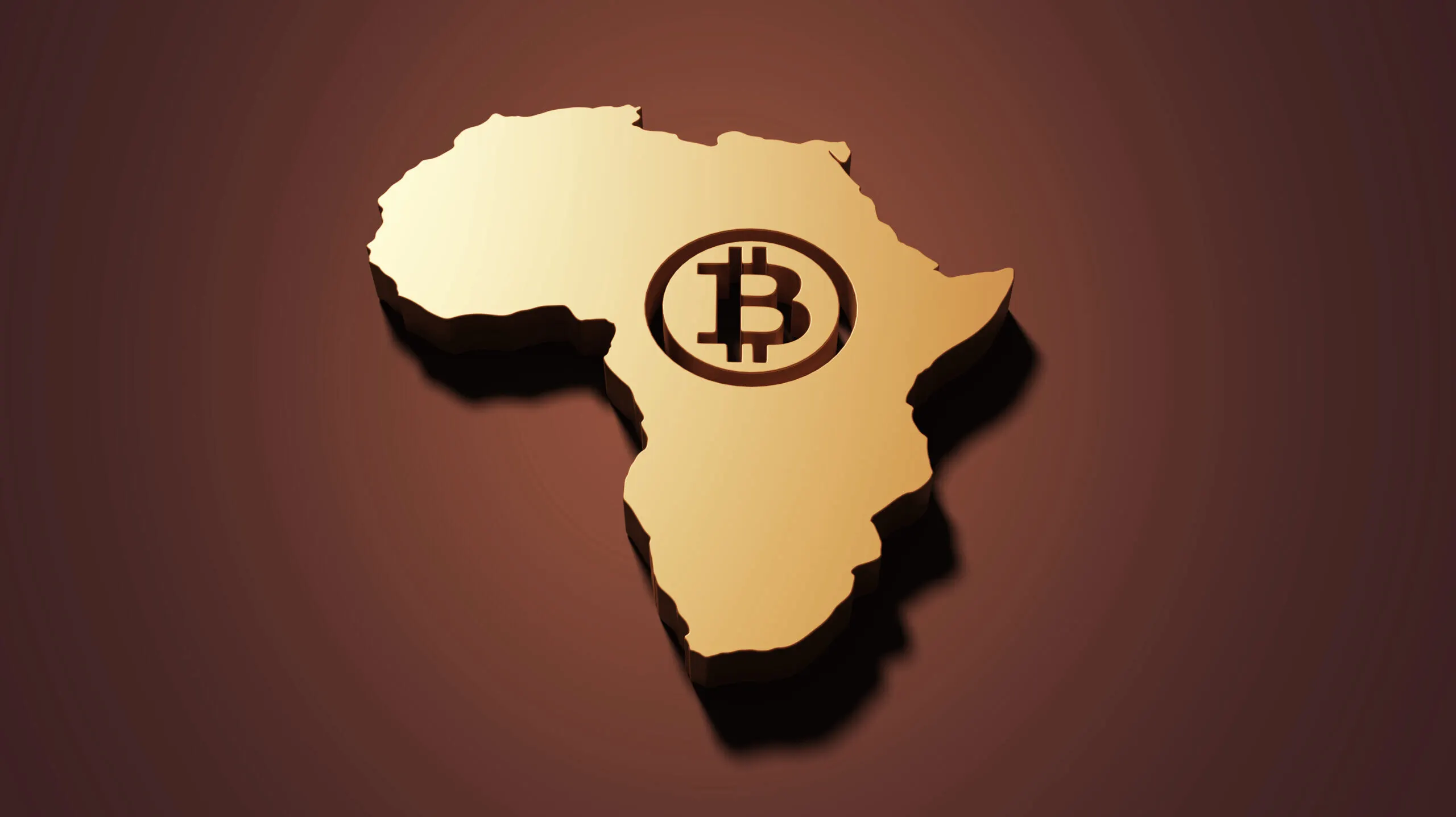In brief
- The Bank of Central African States said it had not been notified of the Central African Republic's plan to make Bitcoin legal tender.
- The former prime minister is also skeptical of the government's capacity to implement the law.
Whoops.
In its rush to make Bitcoin legal tender this week, the Central African Republic (CAR) reportedly neglected to inform its central bank.
On Friday, a spokesperson for the Bank of Central African States, a regional central bank for the six countries that use the Central African CFA franc (XAF), said the bank hadn't been notified in advance, per a report from Bloomberg.
Early Wednesday, the office of President Faustin Archange Touadera signed into law a bill making Bitcoin an official currency alongside the CFA franc. It became just the second country to do so, after El Salvador, which adopted BTC in September.
The Central African CFA franc (XAF) is a regional currency akin to the euro, to which it maintains a fixed exchange rate in part by keeping half of its reserves with the French Treasury. (Prior to the creation of the euro, the French-backed currency was pegged to the French franc.) Aside from the Central African Republic, XAF is an official currency of Cameroon, Chad, Equatorial Guinea, Gabon, and Republic of the Congo.
While all of those countries are marked by political instability to varying degrees, perhaps none is as precariously situated as the CAR, which spent much of the 2010s in a state of civil war.
The CAR ranks as the sixth-most fragile state in the world, according to the Fund for Peace, which drew on data about government control, provision of public services, and integration with the international community. To give some sense of the state of affairs, a national constitution adopted in 2016 splits legislative control between two chambers, the National Assembly and the Senate—but the latter was never established.
Small wonder then that opposition lawmakers are struggling to explain how a country that lacks basic infrastructure and services can actually adopt Bitcoin as legal tender.
“It will be difficult to implement as CAR doesn’t have the capacity or the knowledge to enforce such a law,” former Prime Minister Anicet-Georges Dologuélé told Bloomberg. The opposition leader also pointed out that electricity and internet coverage was minimal. Indeed, according to World Bank data from 2020, only 10% of CAR residents have internet access, a figure well below Afghanistan and Libya, as well as many sub-Saharan African countries.
El Salvador—which has large stores of geothermal energy, greater levels of political stability, and much better rates of internet access (55%, per the World Bank)—has had adoption troubles of its own, according to the U.S. National Bureau of Economic Research (NBER). Its study showed that 20% of respondents were using the state-sponsored Bitcoin wallet, created by Bitcoin payments firm Strike. Moreover, fewer than 5% of all transactions were in BTC, with most sales still taking place in U.S. dollars, the country's other official currency.
The Central African Republic hasn't publicly stated whether it has partners in its Bitcoin endeavor, as El Salvador did. But it will need them and perhaps even the assistance of the central bank to follow through on its plan.
That's in part because the country is so dependent on foreign aid.
For example, while El Salvador President Nayib Bukele has mostly shrugged off concerns from the International Monetary Fund (IMF) about Bitcoin and other cryptocurrencies' potential to destabilize markets, the Central African Republic might not have that luxury. It holds an active loan of $210 million with the IMF, about 10% of its gross domestic product.

